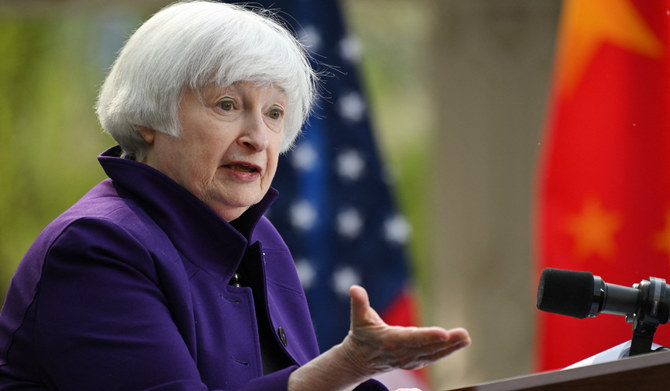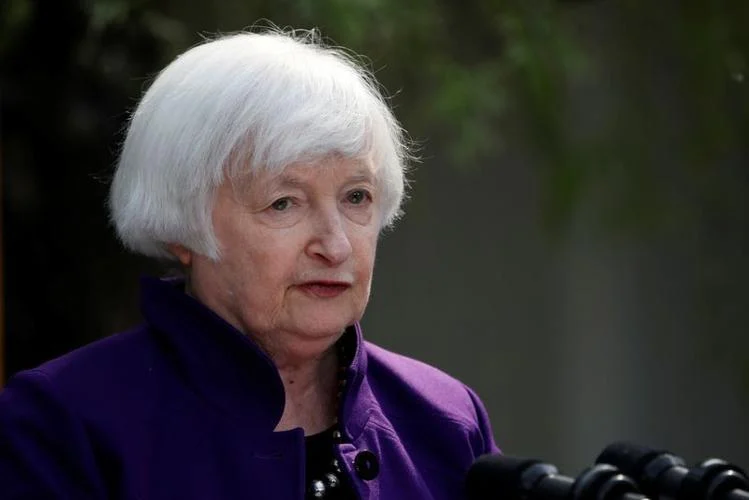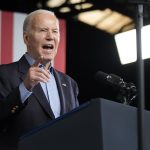Treasury Secretary Janet Yellen emphasized the potential global economic repercussions of escalating tensions in the Middle East during the spring meetings of the International Monetary Fund (IMF) and World Bank.
She pledged that the U.S. and its allies would utilize sanctions to counter Iran’s perceived “malign and destabilizing activity” in the region. Yellen highlighted Iran’s recent missile attack on Israel as evidence of the need to employ economic tools to mitigate such actions, expressing concern over the destabilizing effect on the region and the possibility of economic spillovers.
The missile attack by Iran on Israel, purportedly in response to an Israeli strike on Iran’s consulate in Syria, has heightened tensions between the two nations. Israel’s military chief indicated a forthcoming response to the attack, while global leaders urged caution to prevent further escalation. The IMF and World Bank meetings are occurring against the backdrop of these tensions, with a focus on the potential ramifications for the global economy.

The conflict between Israel and Iran has been exacerbated by Israel’s six-month war against Hamas militants in Gaza, which erupted following an attack that killed numerous individuals and resulted in widespread devastation. Yellen highlighted the U.S.’s efforts to target entities linked to terrorism and terrorist financing by the Iranian regime and its proxies through sanctions against Iran’s drone and missile programs, as well as militant groups such as Hamas, the Houthis, Hezbollah, and Iraqi militia groups.
Yellen indicated a willingness to collaborate with allies to continue disrupting Iran’s destabilizing activities through additional sanctions. She stressed the ongoing threat to global financial stability posed by conflicts such as Russia’s invasion of Ukraine, expressing support for utilizing frozen Russian Central Bank assets to aid in Ukraine’s reconstruction efforts. Yellen mentioned ongoing discussions with international partners on unlocking these assets and ensuring accountability for Russia’s actions.

In addition to Middle Eastern tensions and the Ukraine crisis, Yellen highlighted ongoing concerns about Chinese industrial policies that could impact U.S. jobs and the global economy. She described engaging in “difficult conversations” with Chinese counterparts regarding issues such as overcapacity in green technology exports. Yellen underscored the importance of open communication and cooperation while acknowledging areas of disagreement between the U.S. and China.
Efforts to ease tensions and deepen ties between the U.S. and China include the establishment of economic working groups between the U.S. Treasury and China’s Ministry of Finance. Yellen mentioned plans for further meetings to share information, identify areas of cooperation, and address concerns. These diplomatic efforts reflect broader attempts to manage geopolitical challenges and promote economic stability in an increasingly interconnected world.


